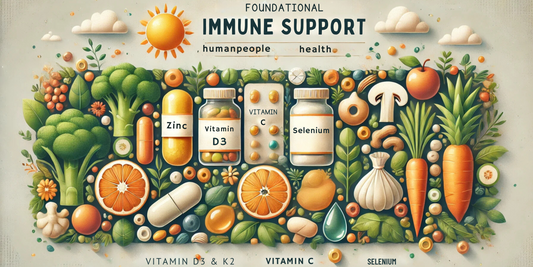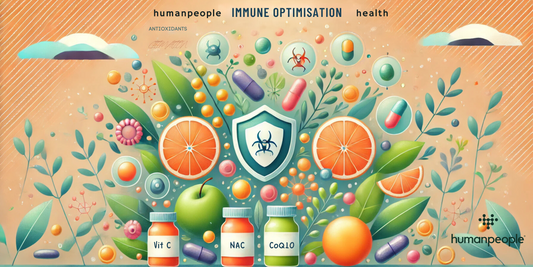Testosterone - the hormone that makes effort enjoyable.
The impact of testosterone on mood, motivation and mental health is often overlooked. Yet testosterone and dopamine levels in the brain are deeply connected.
In this video I explain a bit more about this and the science that backs it up.
In men, testosterone levels reduce by around 1% per year from the age of 30. That has a big impact on, yes, muscle and strength, but it also affects cholesterol profiles, the perception of energy, mitochondrial health, mental health and motivation.
There is increasing evidence that testosterone plays an important role in mitochondrial dysfunction as we age. The mitochondria are where nearly all our energy for life is made, so ensuring optimal testosterone levels is a key element in healthy ageing and longevity.
Testosterone optimisation may also be a viable approach to managing the cognitive-behavioural deficits and neurodegenerative conditions that we associate with unhealthy ageing.
Advanced Testing for Testosterone
Understanding testosterone levels requires more than just the measurement of total testosterone.
If your testosterone is low, you want to know why. Is the production messenger (LH and FSH) not strong enough? Is overall production too low? Is the active testosterone being reduced by too much binding protein (SHBG)? Or is prolactin too high and therefore inhibiting release? Proper testing, looking at a range of biomarkers, allows for more successful management of testosterone.
When we were putting together our advanced male hormone test we wanted to offer a comprehensive assessment that allows you to understand what is really going, including:
- Free Androgen Index (FAI): indicates the amount of active testosterone.
- SHBG and Albumin Levels: these proteins bind to testosterone, affecting its availability.
- LH and FSH: hormones that signal the testes to produce testosterone.
- Prolactin
- Free testosterone
References
1. Yan W, Zhang T, Kang Y, Zhang G, Ji X, Feng X, Shi G. Testosterone ameliorates age-related brain mitochondrial dysfunction. Aging (Albany NY). 2021 Jun 17;13(12):16229-16247. doi: 10.18632/aging.203153. Epub 2021 Jun 17. PMID: 34139672; PMCID: PMC8266321.
2. Purves-Tyson TD, Owens SJ, Double KL, Desai R, Handelsman DJ, Weickert CS. Testosterone induces molecular changes in dopamine signaling pathway molecules in the adolescent male rat nigrostriatal pathway. PLoS One. 2014 Mar 11;9(3):e91151. doi: 10.1371/journal.pone.0091151. PMID: 24618531; PMCID: PMC3949980.
3. Pirchio R, Graziadio C, Colao A, Pivonello R, Auriemma RS. Metabolic effects of prolactin. Front Endocrinol (Lausanne). 2022 Sep 27;13:1015520. doi: 10.3389/fendo.2022.1015520. PMID: 36237192; PMCID: PMC9552666..
4. Donovan A, Wood RI. Effort-based decision making in response to high-dose androgens: role of dopamine receptors. Behav Pharmacol. 2022 Oct 1;33(7):435-441. doi: 10.1097/FBP.0000000000000687. Epub 2022 Sep 14. PMID: 36148834; PMCID: PMC9512319.
5. Shemisa K, Kunnathur V, Liu B, Salvaterra TJ, Dluzen DE. Testosterone modulation of striatal dopamine output in orchidectomized mice. Synapse. 2006 Oct;60(5):347-53. doi: 10.1002/syn.20309. PMID: 16838357.
6. Ebinger M, Sievers C, Ivan D, Schneider HJ, Stalla GK. Is there a neuroendocrinological rationale for testosterone as a therapeutic option in depression? J Psychopharmacol. 2009 Sep;23(7):841-53. doi: 10.1177/0269881108092337. Epub 2008 Jun 18. PMID: 18562400.






